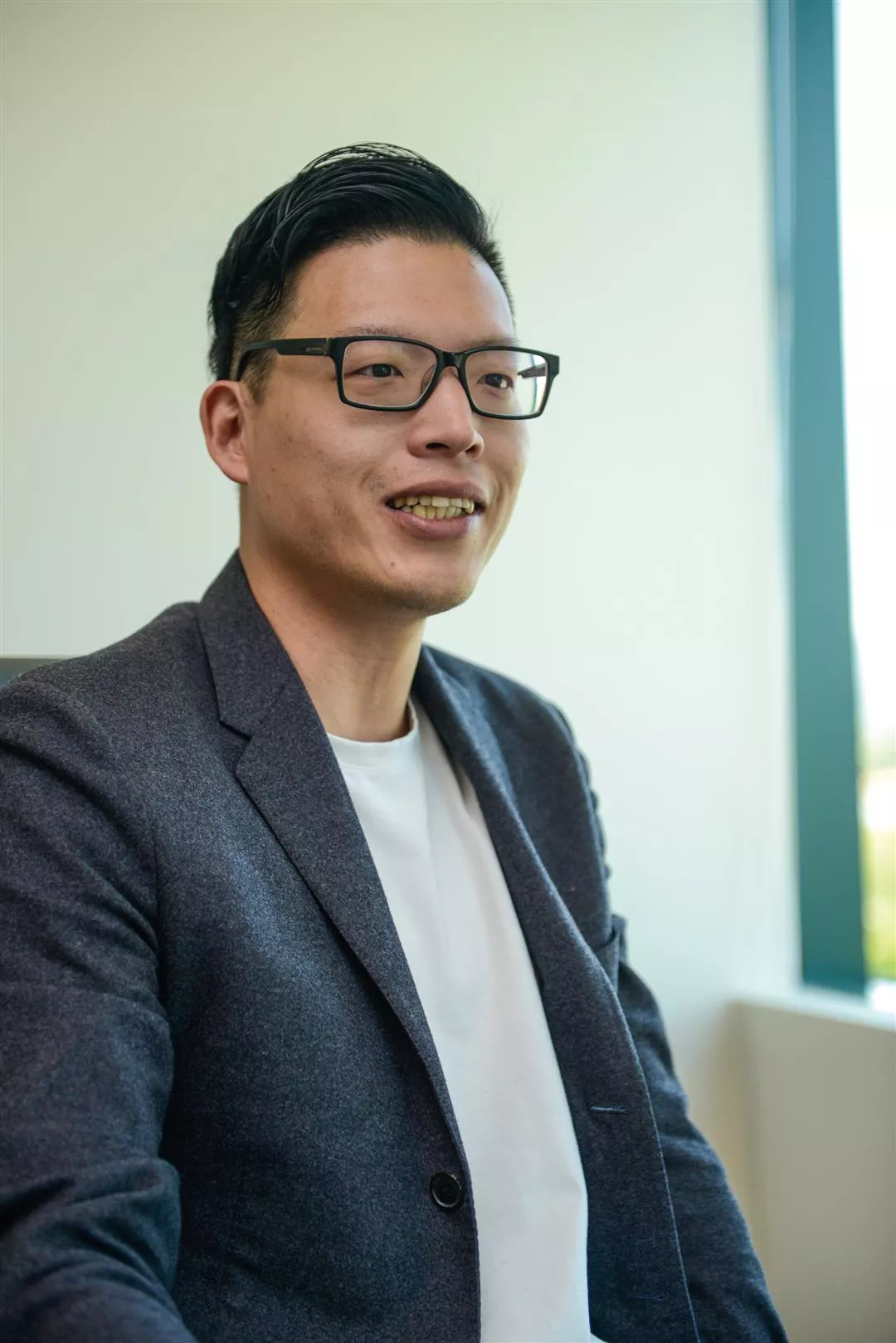A hub for startups
All of them are from Taiwan, most are recent graduates pursuing advanced degrees in the United States, and a few work for emerging Taiwanese companies hoping to strike it big in the US. Natalie Chen, TIEC’s chief marketing officer, offers background while serving refreshments. “Most of the people here are company founders and CEOs, and share the entrepreneurial spirit,” says Chen. “The busier they are, the greater their accomplishments.”
Larry Wang, TIEC’s chief executive officer, is hosting the discussion and has advice for everyone with a question. Alex Shih, a former president of the North America Taiwanese Engineering & Science Association (NATEA), is also here to share his experience of founding his own successful business.
Understanding why the Bay Area is the epicenter of startup development requires a glance at Silicon Valley’s history.
Most of Silicon Valley’s best-known corporations are involved in some way with either semiconductor manufacturing or the computer industry.
Though battered by the bursting of the dot-com bubble in 2000, Silicon Valley continued to move forward, creating value through innovations in areas such as mobile technology, artificial intelligence, big data, and cloud computing. Household names like Google, Apple, Facebook, eBay and Tesla, and newer upstarts such as Airbnb, Uber and Twitter, are all headquartered in the area, providing a deep well of tech talent and experience. Given that the Bay Area also attracts more than 50% of the world’s venture capital and is home to innumerable angel investors and seed accelerators, it is only natural that startups from all over the world would congregate here as well.

Chu Cheng-tao gave up a highly paid job to found his own company. He says that even if it ultimately fails, the experience of starting a business in the Bay Area has been great.